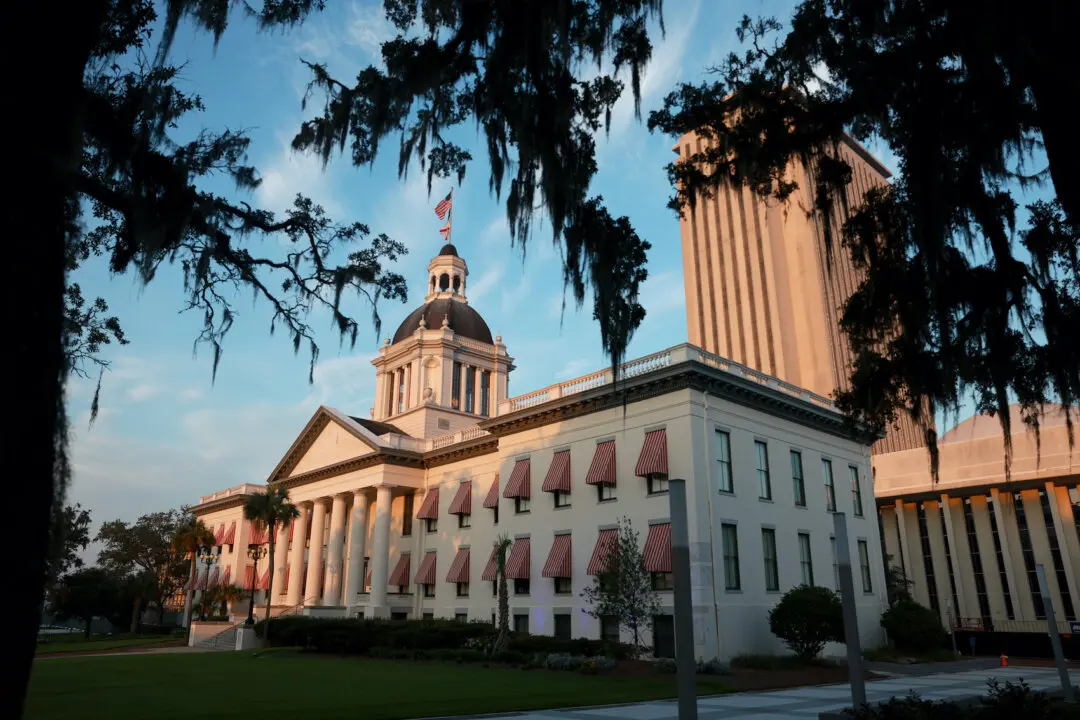Florida’s lawmakers returned to Tallahassee on Feb. 11 for their third attempt at a special session focused on passing legislation that expedites President Donald Trump’s crackdown on illegal immigration.
This time, Republican leadership appears united with a new list of bills that would, among other things, strengthen the required duties of state and local law enforcement agencies to assist federal agencies.





